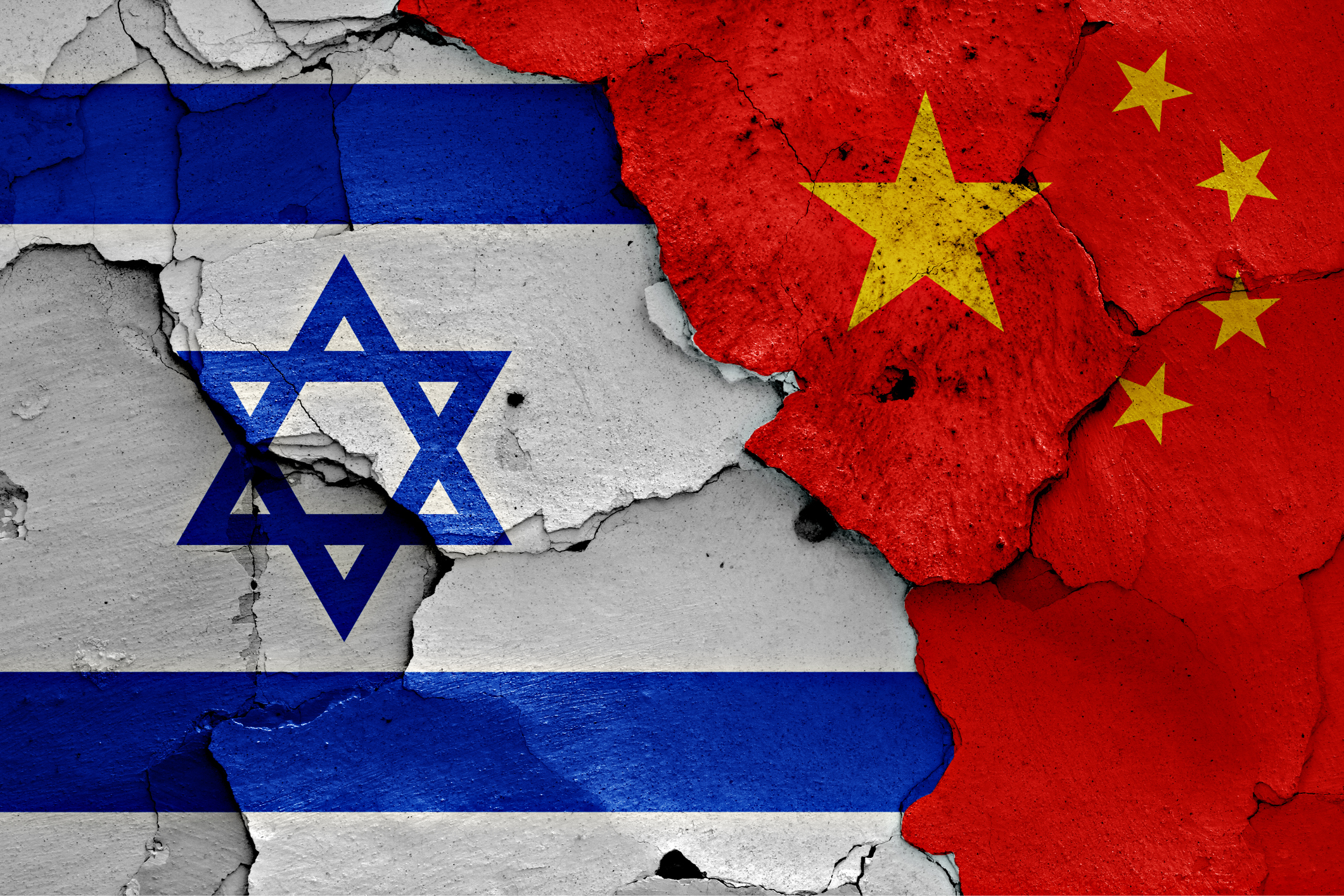In This Episode
When China brokered a historic detente between Saudi Arabia and Iran earlier this year, it seemed that a new phase in world history – and certainly in Chinese foreign policy – had opened up. Instead of the US being a policeman of the world, it was the rising power, China, that was stepping into that role. Whereas Chinese foreign policy had previously only really cared about promoting trade and silencing dissidents, it seemed that perhaps, now, Beijing was taking a more leadership role in global diplomacy and security issues.
And yet the events of the last week and China’s response to them have shown that perhaps the country isn’t ready for that responsibility just yet. In response to the horrors unfolding in Israel and later Gaza, Beijing has given only lukewarm statements, calling for ‘relevant parties to remain calm, exercise restraint and immediately end the hostilities to protect civilians’. At no point has it condemned Hamas by name.
So what does this mean for China’s grander ambitions in the Middle East? With me to discuss is Tuvia Gering. During peacetime, his full time role is as a researcher on China and the Middle East, with the Israeli thinktank the Institute for National Security Studies and he is also a nonresident fellow in the Atlantic Council.
But in the last week, as with all Israelis, his life has been changed forever. He’s now been called up for active duty.
What you’re about to hear is an incredibly well informed but raw contribution from an expert whose research interests have come crashing into his real life.






Comments
Join the debate for just £1 a month
Be part of the conversation with other Spectator readers by getting your first three months for £3.
UNLOCK ACCESS Just £1 a monthAlready a subscriber? Log in